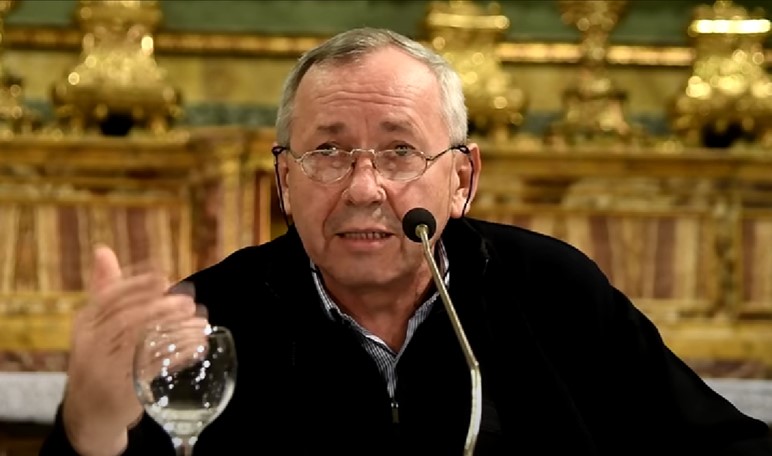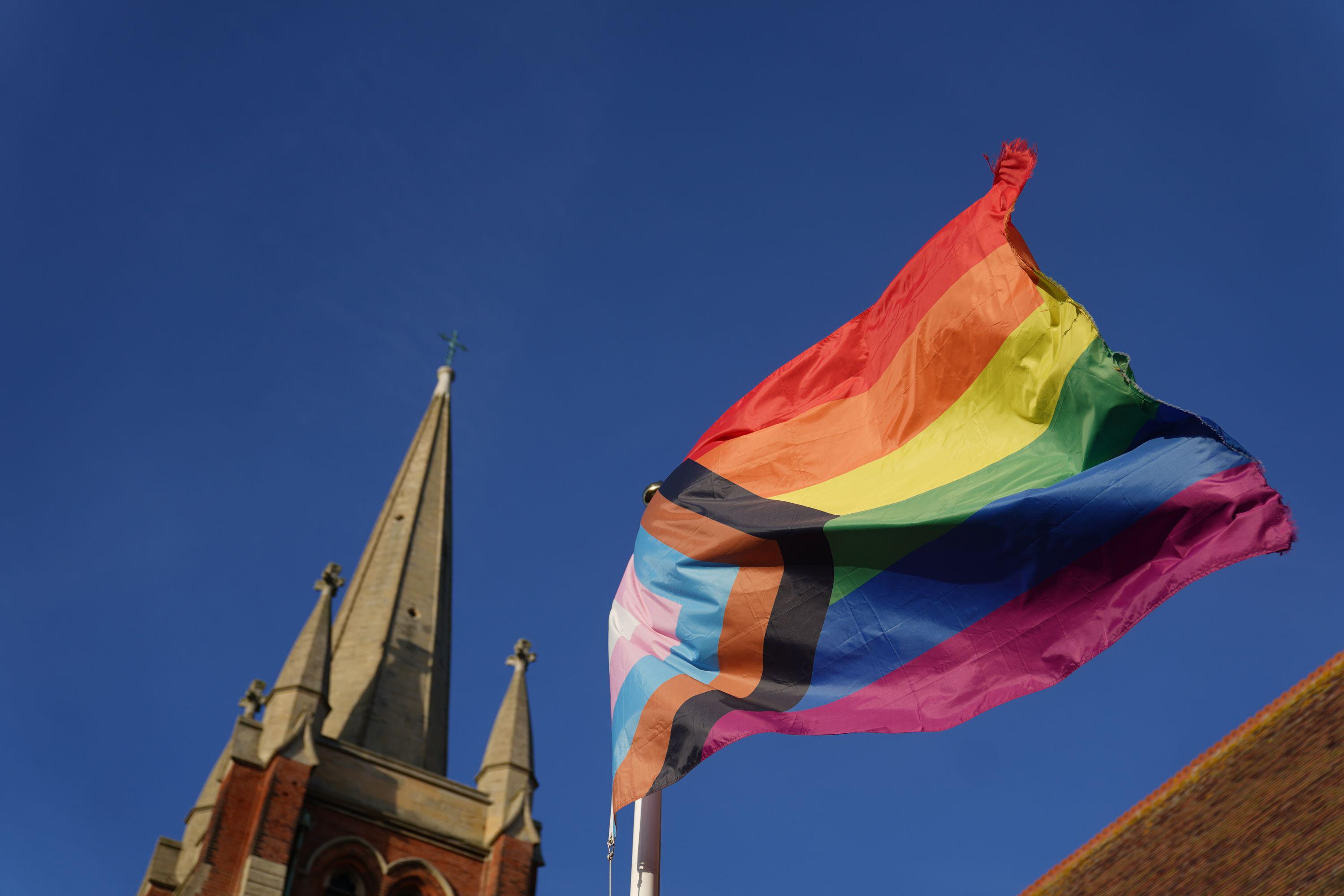The Catholic Bishops of England and Wales have spoken out for the first time against allowing medical intervention to change gender, especially in children.
In a pastoral reflection on gender and identity, published today, the bishops emphasise that accompanying those struggling with gender dysphoria is “a complex but essential pastoral task”.
“We cannot encourage or give support to reconstructive or drug based medical intervention that harms the body,” they say, adding: “Medical intervention for children should not be supported. It should also be recognised that social ‘transition’ (living in the opposite gender role) can have a formative impact on a child’s development and can set a child on a path towards later medical interventions. Care should be taken to avoid this especially with young children.”
They continue: “There are pressures in the spheres of education, healthcare, business, wider society and our own pastoral settings actively to affirm and encourage both adults and children to conform with the other gender to resolve their gender dysphoria. Many do not find ultimate happiness with this transition.”
The document, titled Intricately woven by the Lord: A pastoral reflection on gender by the bishops of England and Wales, emphasises that all are welcome in the Church, but says that the sexual identity of an individual is not a purely “cultural or social construction”.
It is published just weeks after publication of the report by paediatrician Dr Hilary Cass, commissioned by NHS England in 2020, which found that thousands of vulnerable children questioning their sexual identity had been let down by being given unproven treatments such as puberty blockers and cross-sex hormones.
The Catholic bishops refute the idea that everyone has an “inner” gender identity that might not match the biological sex of the individual.
They also raise the issue of those people who stand by traditional theories “being cancelled or even losing their jobs”. The bishops say, “A new language has evolved to describe these diverse ideas, with words and phrases appearing in public discourse such as: ‘trans’, ‘transgender’, ‘gender identity theory’, ‘being born in the wrong
body’, ‘gender fluidity ’or ‘gender being different from sex assigned at birth’.”
Referring to the recent declaration Dignitas Infinita released by the Dicastery for the Doctrine of the Faith, the bishops continue: “We see the importance of holding together the pastoral care of those experiencing gender dysphoria or identifying as transgender and the need to proclaim the truth of the human person.”
They insist that a person cannot be reduced to one element of his or her being, such as his or her body or sex or gender. “Those who offer particular pastoral accompaniment to gender dysphoric persons need a clear understanding of the Catholic vision and understanding of the human person and a holistic view of human sexuality.”
They also warn: “There are pressures in the spheres of education, healthcare, business, wider society and
our own pastoral settings actively to affirm and encourage both adults and children to conform with the other gender to resolve their gender dysphoria. Many do not find ultimate happiness with this transition.”
Bishop of Northampton David Oakley said: “We have published this document because we know that those working in pastoral settings can find this issue complex. It is also an issue that needs to be handled sensitively.
“Accompaniment is crucial to the journey of faith, and we wish to emphasise that everyone is welcome in the Church. It is vital that as followers of Christ we imitate the boundless mercy and compassion of God as we deal with the complexity of another’s life.
“But this needs to be done with a clear understanding of the Catholic vision and understanding of the human person and a holistic view of human sexuality.”
What the bishops are standing against is a culture that does not necessarily respect the human person, he added. Some people who had transitioned, surgically or hormonally, were regretting it. The Church had a duty of care. It’s not about denying somebody’s identity but “accompanying them”. He said: “It would be wrong to suggest transgender people aren’t welcome in the Church. They very much are.”
The Archbishop of Westminster Cardinal Vincent Nichols emphasised that the document, which has been two years in development, was a pastoral reflection, not a doctrinal statement. It is intended to present “a Catholic understanding of the human person” and “to provide the foundations and outline of pastoral accompaniment”.



 Loading ...
Loading ...